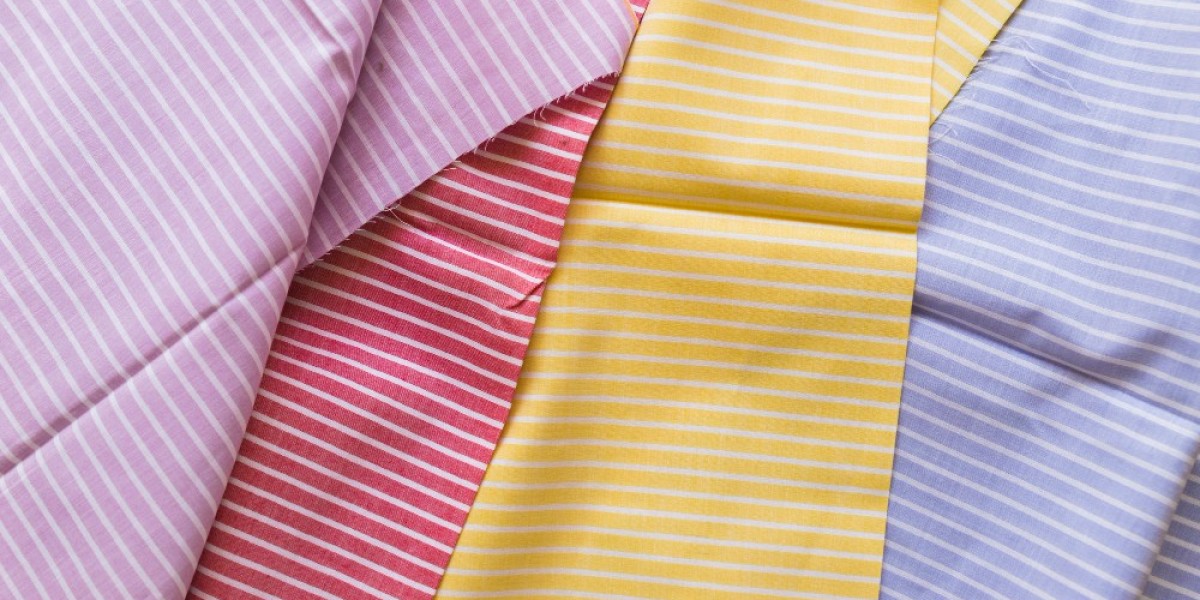For brands looking to build a strong identity, material choice is fundamental. Linen fabric is increasingly becoming a preferred material for private label collections due to its unique combination of strength, comfort, and sustainable qualities. Its growing popularity is not a passing trend but a response to consumer demand for high-quality, long-lasting, and environmentally conscious products. As a result, brands that incorporate linen into their offerings position themselves to meet these modern market expectations.
Linen's adaptability makes it a valuable asset for any collection. This textile performs exceptionally well across various product categories, from clothing to home goods. For private label owners, this means the opportunity to create a cohesive brand story centered around a single, reliable material. Understanding the inherent benefits and applications of linen is the first step toward leveraging its full potential. This post will detail why linen fabric is a smart and strategic choice for building a successful private label brand.
Benefits of Using Linen in Private Label Collections
Integrating linen into a private label collection offers significant advantages that can set a brand apart. The material's inherent properties translate directly into product value and consumer appeal.
- Durability and Longevity: Linen is one of the strongest natural fibers available. Products made from linen fabric are built to last, resisting wear and tear far better than many other materials. For private labels, this means offering customers items that represent a long-term investment, which builds brand trust and loyalty.
- Exceptional Comfort: Linen is highly breathable and has natural moisture-wicking properties. It keeps the wearer cool in warm weather and provides warmth in cooler temperatures. This all-season comfort makes linen apparel a practical and desirable choice for consumers.
- Hypoallergenic Qualities: Linen is naturally hypoallergenic and antibacterial, making it an excellent option for consumers with sensitive skin. By using linen fabric, a brand can cater to a broader audience, including those who require or prefer non-irritating materials.
- Distinctive Aesthetic: Linen possesses a unique texture and a natural luster that adds a sense of relaxed refinement to any product. It drapes beautifully and becomes softer with each wash, improving over time. This distinctive look helps private label brands create products with a high-end feel.
Versatility of Linen: Apparel, Home Textiles, and Accessories
Linen’s adaptability is one of its greatest strengths. A private label can build an entire product ecosystem using this single material, ensuring brand consistency across different categories. When you buy fabric online, you can source different weights and weaves of linen fabric to suit various applications.
Apparel
In fashion, linen fabric is a cornerstone for creating timeless collections. Its breathability makes it ideal for warm-weather clothing, but its application extends beyond summer wear.
- Staple Garments: Linen shirts, trousers, dresses, and blazers are classic pieces that form the foundation of a versatile wardrobe.
- Layering Pieces: Lightweight linen sweaters and cardigans are perfect for transitional seasons, offering comfort without bulk.
- Linen Blends: Blending linen with materials like cotton or rayon can enhance its properties, reducing wrinkles while maintaining its characteristic texture.
Home Textiles
The use of linen fabric in home goods adds a touch of understated quality to any living space. Its durability ensures that these products will withstand daily use.
- Bedding: Linen bed sheets, duvet covers, and pillowcases are prized for their softness and ability to regulate temperature, promoting a comfortable night's sleep.
- Table Linens: Napkins, tablecloths, and runners made from linen elevate any dining experience. They are absorbent, durable, and easy to care for.
- Drapery: Linen curtains offer a light, airy feel while providing privacy. The fabric diffuses natural light beautifully, creating a warm and inviting atmosphere.
Accessories
Linen also lends itself well to a range of accessories, allowing brands to offer complementary products.
- Bags and Totes: The strength of linen fabric makes it suitable for creating durable and stylish bags for everyday use.
- Scarves and Wraps: Lightweight linen scarves are perfect for adding a finishing touch to an outfit in any season.
- Hats: Breathable linen hats provide excellent sun protection while remaining comfortable to wear.
Sustainable and Ethical Aspects of Linen Production
Today’s consumers are increasingly concerned with the environmental and ethical impact of their purchases. Linen’s production story offers a compelling narrative for brands focused on sustainability.
The flax plant, from which linen fabric is derived, is a resilient crop that requires significantly less water and fewer pesticides than cotton. It can thrive in poor soil conditions, making it a low-impact agricultural choice. Furthermore, every part of the flax plant can be used, minimizing waste. The seeds are used to produce linseed oil, while the fibers are spun into linen.
Choosing linen allows private label brands to align with the values of conscious consumerism. By transparently communicating the sustainable origins of their linen fabric products, brands can attract and retain a loyal customer base that prioritizes environmental responsibility. When you buy fabric online, look for suppliers who can provide information about their sourcing and production processes to ensure your brand's commitment to sustainability is upheld.
Tips for Designing and Marketing Linen-Based Private Label Products
Successfully launching a linen-based collection requires a thoughtful approach to both design and marketing.
Design Tips
- Embrace the Natural Texture: Design garments and products that highlight linen’s unique texture. Simple, clean lines often work best, allowing the quality of the linen fabric to stand out.
- Consider the Drape: Linen has a distinct drape that can be used to create flowing, relaxed silhouettes. Experiment with different weights of linen fabric to achieve the desired effect.
- Offer a Smart Color Palette: While natural, earthy tones are classic for linen, don't shy away from bold, contemporary colors. A well-curated color palette can modernize your collection and appeal to a wider demographic.
Marketing Tips
- Educate Your Customers: Many consumers may not be fully aware of the benefits of linen. Use your marketing channels to tell the story of the fabric—its durability, comfort, and sustainable origins.
- Highlight Versatility: Showcase how your linen products can be styled for different occasions and seasons. Create lookbooks or social media content that demonstrates the adaptability of your pieces.
- Leverage the Sustainability Angle: Clearly communicate your brand’s commitment to using sustainable materials. This can be a powerful differentiator in a crowded market. If you buy fabric online from a sustainable source, make that a key part of your brand message.
Case Studies: Successful Linen Private Label Brands
Several brands have successfully built their identity around linen, demonstrating the material’s market potential.
Fabriclore, a prominent fabric supplier, has enabled numerous private labels to launch successful collections by providing access to high-quality linen fabric. One such D2C brand built its entire summer collection around linen shirts and trousers sourced through Fabriclore, marketing them as essential, long-lasting wardrobe staples. By focusing on quality and transparently sharing the fabric’s benefits, the brand achieved significant sales growth and customer loyalty.
Other smaller brands like Linenbee and I Love Linen have also carved out a niche by specializing in linen products. They effectively use storytelling around comfort and sustainability to connect with their target audience, proving that a focus on linen fabric can be a winning strategy. These brands show that when you buy fabric online, choosing a specialty material and marketing it effectively can lead to strong brand recognition.
Why Linen is a Smart Choice for Private Label Collections
Linen offers a powerful combination of aesthetic appeal, practical benefits, and a compelling sustainability narrative. For private label collections, it provides a foundation for creating high-quality, desirable products that resonate with modern consumer values. Its versatility across apparel, home textiles, and accessories allows for the development of a cohesive and expansive brand offering.
By choosing linen fabric, private labels can deliver on promises of durability, comfort, and responsible production. This builds a strong brand reputation and fosters lasting customer relationships. For any entrepreneur looking to launch or grow a private label, linen is not just a material—it is a strategic asset that can drive success. Sourcing quality linen fabric is the first step toward building a brand that is both profitable and principled.






